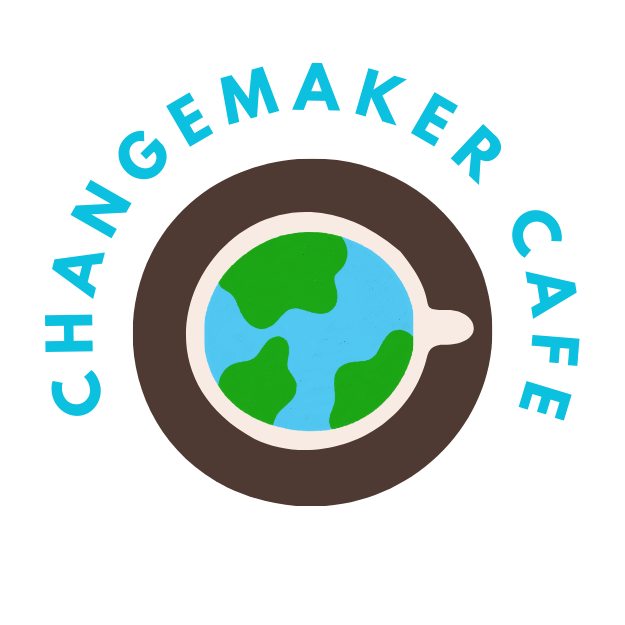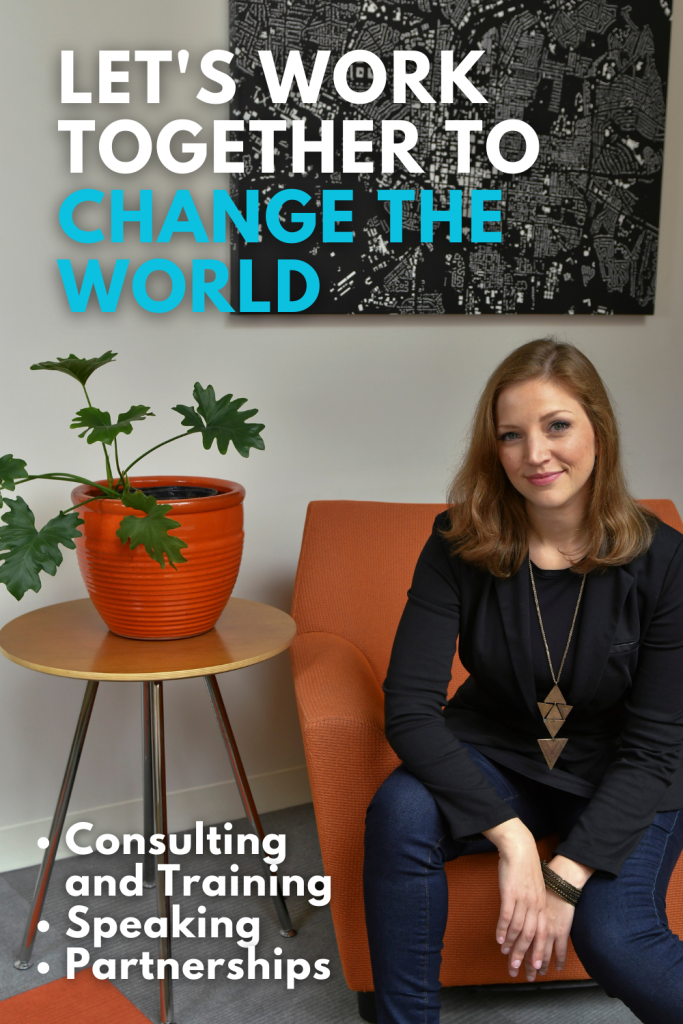Social entrepreneurship is a promising way to make an impact while generating sustainable revenue, but the majority of people still have no clue what it is.
You might even be a social entrepreneur and not even know it!
I met a lady like that recently. She was using her business to solve problems for nonprofits with affordable software, innovating ways to keep costs low while meeting a need.
“You sound like a social entrepreneur!” I pointed out (with a little too much geeky enthusiasm).
“What’s that?” she asked.
In today’s issue of Changemaker Mondays ☀️ ☕ 🌍, we’re going to demystify social entrepreneurship with some basics and – who knows – maybe convert you into a social entrepreneurship awareness ambassador.
What is Social Entrepreneurship?
So uh, what is Social Entrepreneurship? In short, it’s…
A business model that prioritizes making a positive impact on social issues or the environment while generating profits.
Is a Social Enterprise a Nonprofit or a For-Profit?
A point of confusion among those I talk to about social entrepreneurship is the question: “Is a social enterprise a nonprofit or a for-profit?” And the short answer is: Either.
Personally, I’ve seen the model work for both legal structures.
At the end of the day, it’s about balancing social impact with revenue generation.
5-second history lesson:
Bill Drayton, the founder of Ashoka, is sometimes called the “father of social entrepreneurship” (his Wikipedia page claims he is responsible for the rise of the phrase “social entrepreneur”, a concept first found in print in 1972! 🤓 #Goals).
Social Entrepreneurs come in all shapes and sizes. They are as diverse as humans and can come from any variety of backgrounds.
Social Enterprise in real life
Here are some real-life examples of social entrepreneurship in action.
Heard of any of these?
- TOMS Shoes (for-profit): Gives ⅓ of provides to support work to provide safe water, support mental health, and promote equality and social justice
- Ben & Jerry’s (for-profit): Donates a portion of their profits to grassroots organizations working for social change
- Patagonia (for-profit): Supports grassroots environmental groups through funding and advocacy
- Warby Parker (for-profit): Donates a pair of glasses for each pair purchased
- Kiva (nonprofit): Makes microloans to small businesses around the world
- Teach for America (nonprofit): Recruits teachers for under-resourced schools across the USA
- Fair Trade USA (nonprofit): Certifies and promotes fair trade products

How Social Entrepreneurship works
A social enterprise sells a product or a service, just like a typical business. But the product or service itself aims to solve a social problem (using Kiva as an example, the service they offer is microloans, and those loans help pull people out of poverty).
In the cases where the product itself isn’t what solves the social problem (I mean, Ben & Jerry’s solves MY problem of needing ice cream 🍦), profits might be distributed to causes directly tackling the issues.
You can think of it the other way around too: You charge the audiences who can afford it a fee for the service or product you’re offering. Then, profits can provide help to the audiences who can’t afford it. (The Warby Parker example: People who can afford a pair of glasses subsidize the cost of a free pair for someone who can’t)
It Matters That People Still Don’t Know What Social Entrepreneurship Is
Here’s why:
Social entrepreneurship might be a great fit for some considering starting a nonprofit OR a business, but without awareness of how it works, they might miss the opportunity.
We’re seeing a massive rise in entrepreneurship overall. That energy could be harnessed for social good, if only more people thought of themselves as social entrepreneurs.
Because social entrepreneurship hasn’t gone mainstream yet, investors and funders aren’t supporting it at the massive levels they could be. Yet.
What you can do about it
Tell your friends.
Seriously. Be that nerd at the dinner table who shares this “newfangled concept” called “social entrepreneurship”.
And if you want to go down the social entrepreneurship rabbit hole to learn more, here’s our entire playlist on the subject. 😁


